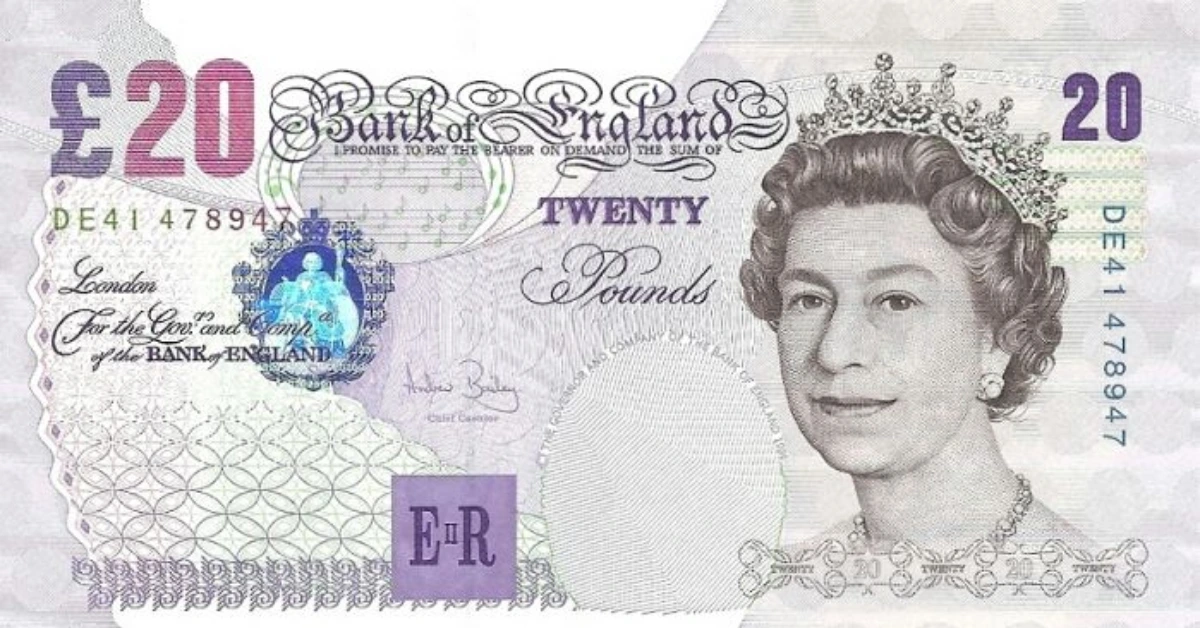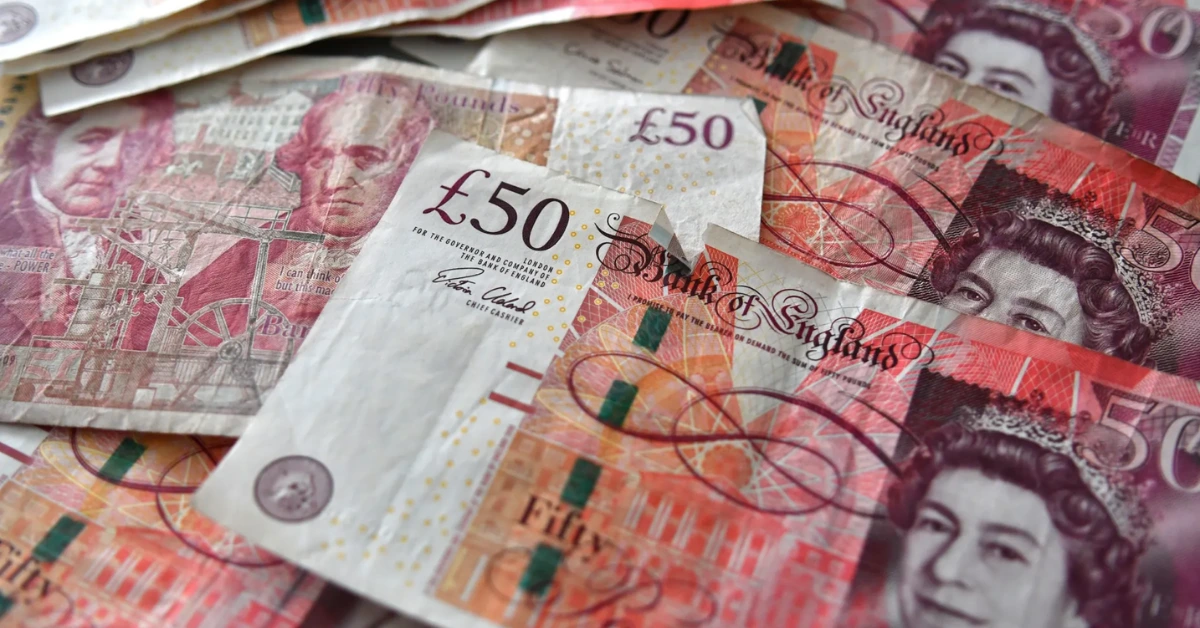Remitforex – The Money Transfer Expert
Remitforex – The Money Transfer Expert




There have been reports of unauthorized financial dealers in Kochi, India, cheating students and travellers with old and counterfeit $20 and $50 bills. These scams can leave victims with significant financial losses, stress, and inconvenience. The scammers often target students and travellers due to their perceived lack of familiarity with local currency and exchange rates.
The scammers approach their victims by offering favourable exchange rates for their foreign currency, particularly USD. Instead of genuine money, scammers hand over old, expired, or counterfeit bills, which are often difficult to detect at first glance. The victims usually realize they have been cheated only after trying to use the received accounts, which businesses or banks reject.
As of September 30, 2022, the £20 and £50 paper notes in England are no longer legal tender and cannot be used for payments. The old paper notes have been replaced by new polymer notes, which are more durable and secure.
In February 2020, The Bank of England revealed its plans to replace the £20 and £50 paper notes with polymer versions. The new £50 polymer note was introduced in June 2021, while the new £20 polymer note entered circulation in February 2022. As of September 30, 2022, the £ 20 paper and £50 notes are no longer considered legal tender.
People were encouraged to exchange their old paper notes at the Bank of England before the deadline.
Remember, £ 20 paper and £50 notes are no longer circulating!
For several reasons, the Bank of England replaced paper £20 and £50 notes with polymer notes. One of them is its durability. Polymer notes are much more durable than paper notes and can last up to five times longer. This means they need to be replaced less often, which is more environmentally friendly. Polymer notes are also more resistant to tearing, dirt, and water.
The new polymer banknotes are tougher to counterfeit than their paper counterparts. They feature advanced security measures that make them more resistant to forgery. Moreover, polymer banknotes’ production cost is lower than paper banknotes. This is because they last longer and do not need to be replaced as frequently.
The Bank of England believes polymer notes are better for the UK economy and the environment. They are more durable, secure, and hygienic, and they cost less to produce.
The new £20 note shows a portrait of the Queen based on a 2016 photograph by Jamie Morgan. A large see-through window on the front of the note shows Margate’s lighthouse and Turner Contemporary in blue and gold foil. The note also has a silver foil patch showing a 3D image of the coronation crown and a purple foil patch containing the letter ‘T’, based on the staircase at Tate Britain.
Additionally, there is a picture of JMW Turner based on a self-portrait by the artist and a quote from Turner that reads, “Light is therefore colour.” The number ’20’ is printed twice, in red and green, and the denomination numerals and some lettering are raised to help the visually impaired identify the note. The note includes various security features, such as a holographic image and a watermark.
The new £50 note is a tribute to the life and accomplishments of Alan Turing, a visionary mathematician and codebreaker who made significant contributions to computer science and World War II. It has a portrait of Turing taken in 1951 by Elliott & Fry. It also includes a table and formulas from Turing’s paper “On Computable Numbers,” which he published in 1936. The note showcases the pioneering technology of the Automatic Computing Engine (ACE) Pilot Machine, which Turing developed.
Additionally, technical drawings for the British Bombe, a machine used to decode Nazi messages during WWII, are also present on the note. The quote represents Turing’s vision, “This is only a foretaste of what is to come and only the shadow of what is going to be.” Lastly, Turing’s signature and birthdate (June 23, 1912) are included in binary code on ticker tape.
Security Features of New Polymer Notes!
To avoid being scammed with counterfeit currency, here are some tips for students and travellers to England from India. Always exchange money through authorized financial service providers. Look for providers with an AD II license issued by the RBI, as this license indicates that the provider can trade currencies and provide financial services in the UK. Avoid exchanging currency with unauthorized individuals or at unofficial money exchange booths, as these places are more likely to offer counterfeit bills. Be wary of exchange rates that seem too good to be true. Counterfeiters often entice victims with significantly higher exchange rates than authorized providers.
Trusting Unimoni!
Unimoni holds an AD II license from the Reserve Bank of India (RBI). This license signifies they are authorized to deal in foreign exchange and provide related services like currency exchange, money transfers, and travel cards. Unimoni boasts over 300 branches across India, making them easily accessible for customers seeking foreign exchange services. This network offers customers various services, including currency exchange, travel card purchases, international fund transfers, GIC and FTS accounts, and insurance options. These services are available at convenient locations.
Enjoy Unimoni’s best exchange rates, a convenient online platform, and dedicated multilingual customer support!
Contact us Now!- https://remitforex.com/services/contact.html

